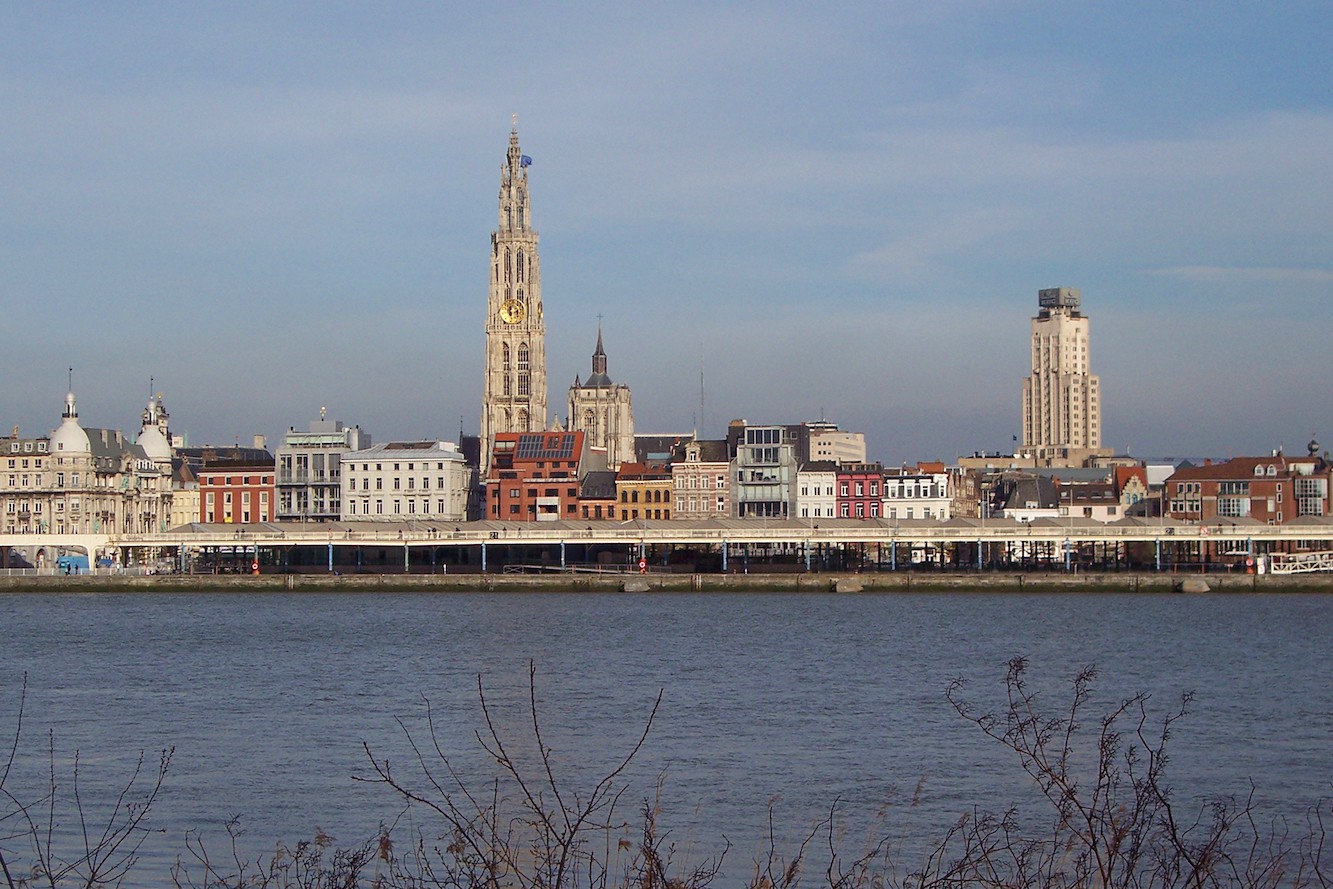The main researchers involved in this project with UCL met to define the main focus as well as the research framework and protocols. The main subject of the research can be summarised as Together and apart in small Danubian border towns.
The towns they will be looking at are: Hainburg an der Donau (Austria, bordering Slovakia) where they will focus on ‘89; and Vidin (Bulgaria, bordering Romania), with a focus on traces of its multi-ethnic past and new exchanges by the recent opening of a bridge.
A team of 10 people will be involved in the field work, starting in May 2020, locally joined by (phd) students.
Urban (Dis)Connections

New Europe Bridge, Bulgaria, Credits: G. Garitan

-
Initiated by
Evens Foundation
- Partner
-
Contact
Marjolein Delvou
Federica Mantoan -
Timeline
2019-2021
To better understand cities as places of 'living together and apart', we have concluded a partnership with the Chair Pascal Lamy of the Université catholique de Louvain to analyse contemporary mobilisations of (past) cosmopolitanism in small and medium-sized Danubian port cities.
Our cities are testing grounds that experiment on a daily basis with forms of togetherness and separation. More than rural areas, cities are confronted with a high degree of diversity and constantly changing populations.
In order to understand how Europeans might conceive their belonging to Europe, we consider it worthwhile to look closer at connections and disconnections in cities.
More concretely the foundation will support several phases of anthropological field research, meetings of the researchers involved as well as initiatives to present the results to a wider audience and discuss its main questions.
To better understand cities as places of 'living together and apart', we have concluded a partnership with the Chair Pascal Lamy of the Université catholique de Louvain to analyse contemporary mobilisations of (past) cosmopolitanism in small and medium-sized Danubian port cities.
Our cities are testing grounds that experiment on a daily basis with forms of togetherness and separation. More than rural areas, cities are confronted with a high degree of diversity and constantly changing populations.
In order to understand how Europeans might conceive their belonging to Europe, we consider it worthwhile to look closer at connections and disconnections in cities.
More concretely the foundation will support several phases of anthropological field research, meetings of the researchers involved as well as initiatives to present the results to a wider audience and discuss its main questions.
-
Initiated by
Evens Foundation
- Partner
-
Contact
Marjolein Delvou
Federica Mantoan -
Timeline
2019-2021